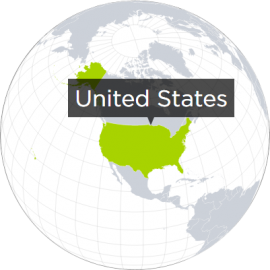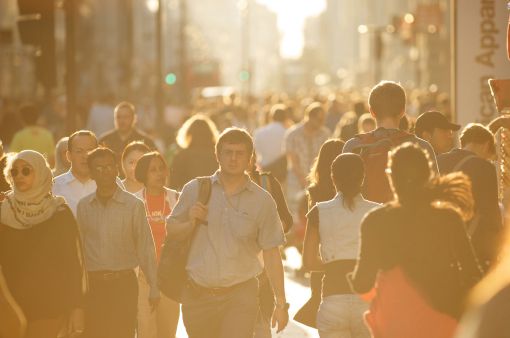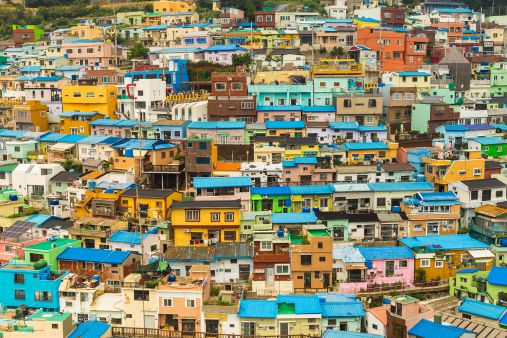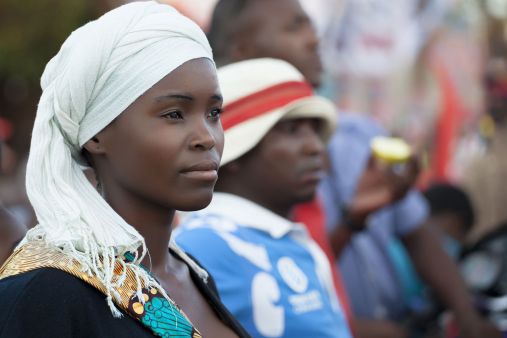Across the world, 108 countries have experienced a deterioration in Personal Freedom, making this the pillar of prosperity that has declined the most over the last decade. Central and South Asia, MENA, and Eastern Europe saw the greatest deteriorations. Furthermore, the bottom 40 countries have been diverging from the rest in every element of Personal Freedom. Countries that started from a lower benchmark, have declined more than the rest.
The crackdown on Personal Freedom around the world
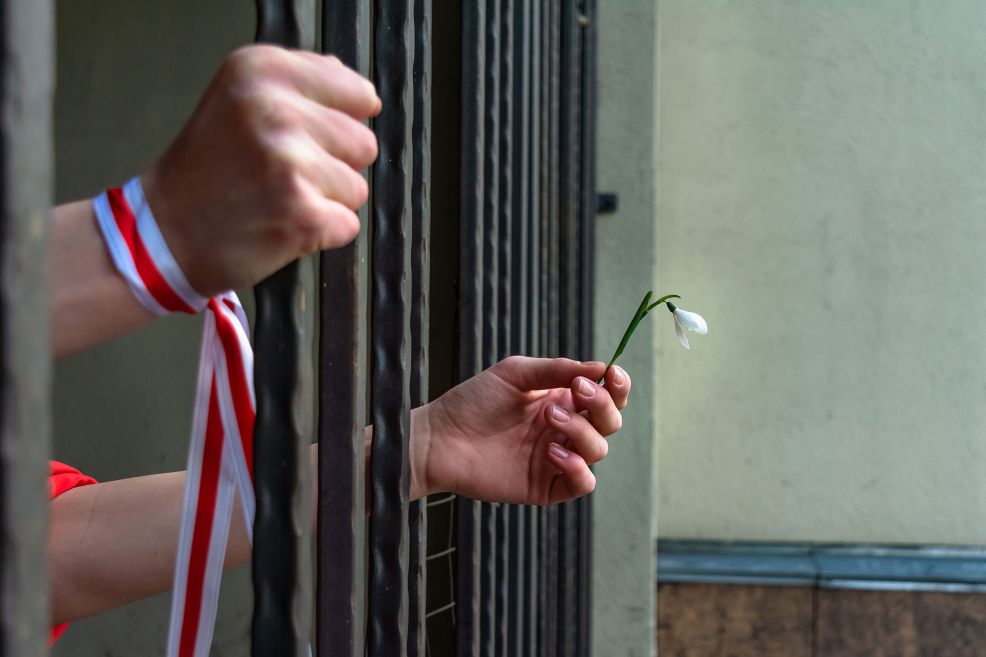
Over the last decade, the world experienced an overall deterioration in Personal Freedom and Governance. The deterioration in freedoms across the globe has challenged the democratic institutions that are a prerequisite for the development of prosperity. The world has seen Executive Constraints and Political Accountability deteriorate. Meanwhile, the world has become safer as Safety and Security has rebounded over the last five years. And yet, the bottom 40 countries experienced a different reality. In this group, Safety and Security has worsened and diverged from the rest. In contrast however, Social Capital presents a bright side to the story, being on the rise in nearly all countries, including the bottom 40.
Across the world, there has been a marked hostility towards freedom of assembly and association, freedom of speech and access to information. The media is facing more government censorship, and governments are increasingly restricting the right of people to meet freely.
Access Now, which monitors internet shutdowns around the world, has recorded 182 internet shutdowns in 2021, 159 in 2020, 213 in 2019, and 196 in 2018. For example, the 2020–21 Belarus protests saw numerous internet blockades and harsh suppressions. Due to the blocking of popular social networks, Belarusian protesters mobilised using encrypted channels such as Telegram, as well as organised by passing along the message without using any digital devices. The deterioration of freedoms and authoritarian governance style in Belarus are directly linked to the Minsk regime’s relationship with the Kremlin.
In Russia, freedom of assembly and association, freedom of speech and access to Information have deteriorated significantly. The Kremlin has steadily introduced new measures to remove content from websites it deems “extremist”. Various activists have been fined or imprisoned for being hostile to the regime, and a significant degree of self-censorship is being practised. Authorities can ban protests on the grounds of public interest – for example, in 2021 demonstrations protesting the imprisonment of Alexey Navalny led to 11,500 people being detained and many journalists and activists being injured. Since the start of its invasion of Ukraine, the government has blocked social media platforms such as Facebook, Twitter and Instagram, and has intensified misinformation and propaganda efforts.

China’s authoritarian regime has also become increasingly repressive in recent years. The ruling Chinese Communist Party (CCP) continues to tighten control over all aspects of life and governance, including the state bureaucracy, the media, online speech, religious practice, universities, businesses, and civil society. Additionally, it has undermined an earlier series of modest rule-of-law reforms.
As a result of Chinese interference, Personal Freedom in Hong Kong has deteriorated dramatically from 47th to 98th over the decade. The implementation of the National Security Law (NSL) in 2020 has amounted to a multi-front attack on the ‘one country, two systems’ framework. The territory’s most prominent pro-democracy figures have been arrested under its provisions, and NSL charges or the threat of charges have resulted in the closure of political parties, major independent news outlets, peaceful non-governmental organizations, and unions. The NSL also paved the way for Beijing to overhaul Hong Kong’s electoral system in 2021. The new rules permit mainland authorities to vet candidates and contain other provisions that ultimately ensure Beijing's near-total control over the selection of Hong Kong authorities.

The deterioration of freedoms has been prominent in other places as well. In India, frequent harassment of journalists, government critics and NGOs under the current government have seen political diversity of media perspectives fall from 3rd to 89th over the past decade. Access to alternative information has fallen from 20th in the world to 104th in the same period. The extent to which the government censors the media has deteriorated from 45th globally to 121st. In 2021, India had the most internet shutdowns of any country.
In Burundi, which ranks 154th for Personal Freedom, there are laws that limit press freedom, restricting what journalists can report on and limiting protection of sources. The government-owned public television broadcaster Le Renouveau dominates the media. As a result, the last decade saw the political diversity of media perspectives deteriorate from 118th to 148th. Many independent journalists have fled.
Eastern Europe has also failed to escape this trend, with freedom of speech and independent media significantly limited in Poland and Hungary. For instance, Reporters without Borders have declared a ‘press freedom state of emergency’ in Poland in light of the Government’s attempts to take down the main independent media channel TVN. Meanwhile, the opposition has found it difficult to get its voice heard in Hungary. Since 2017, the ruling party and its allies have owned over 90% of Hungarian media. These examples demonstrate a troubling trend: outside of North America and Western Europe, personal rights and freedoms are deteriorating.

